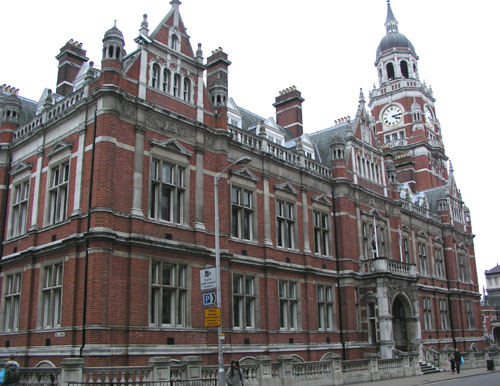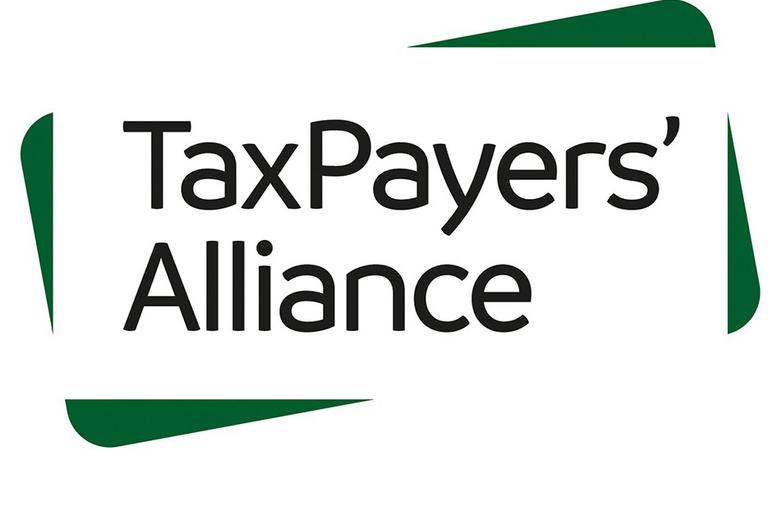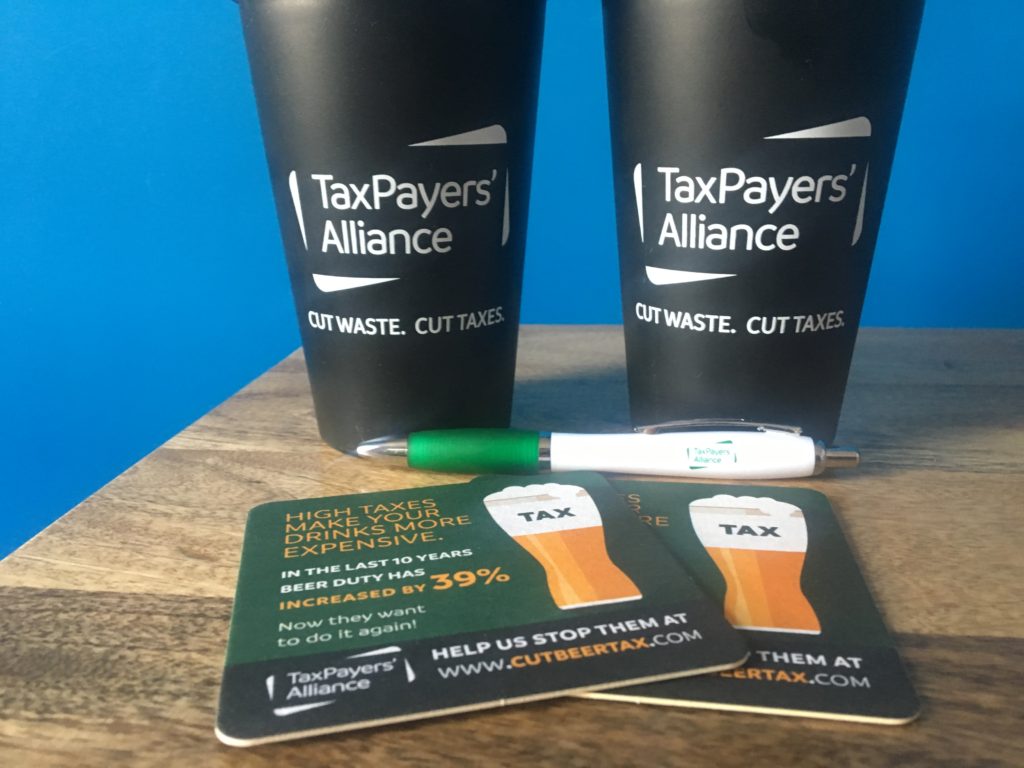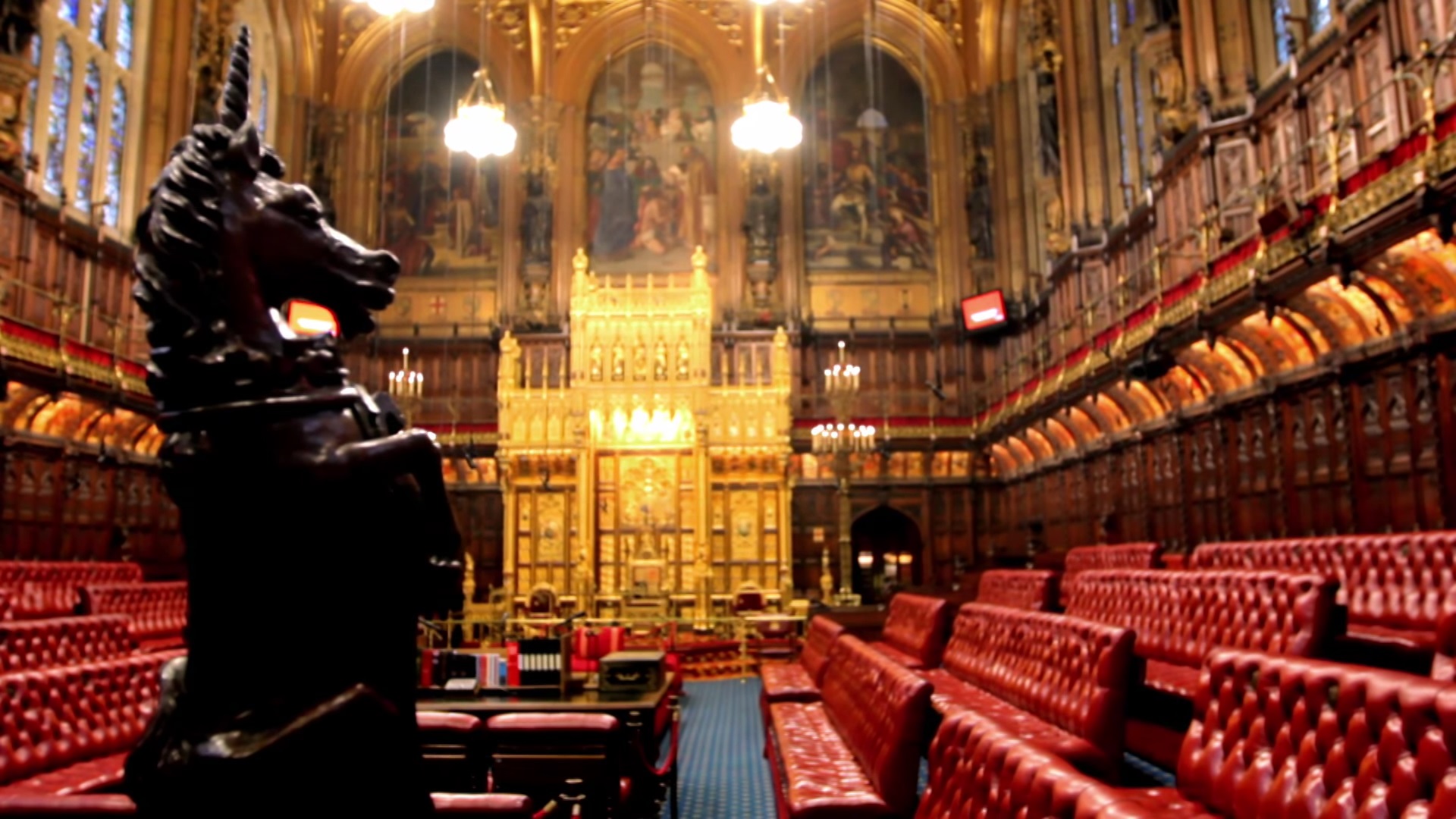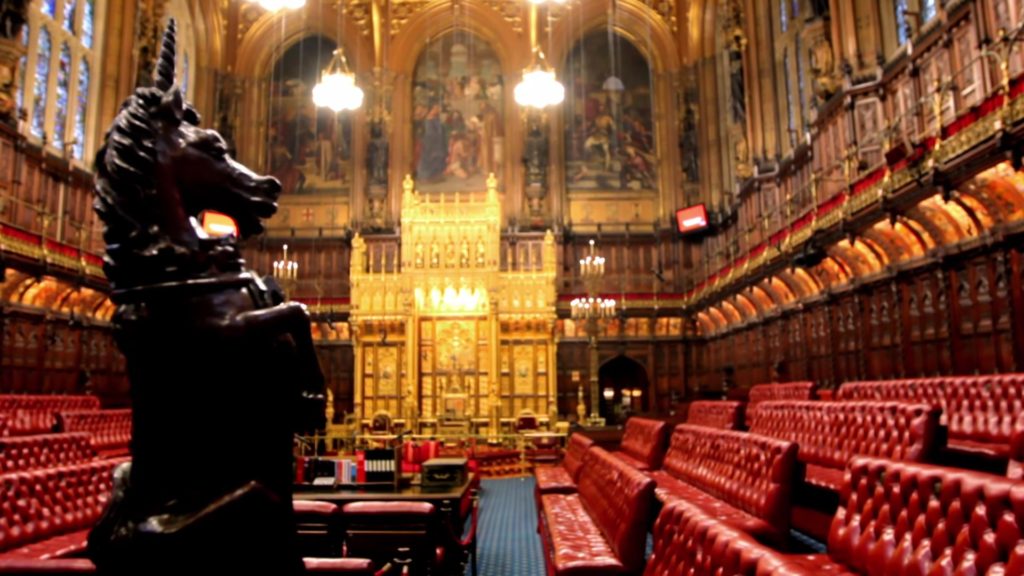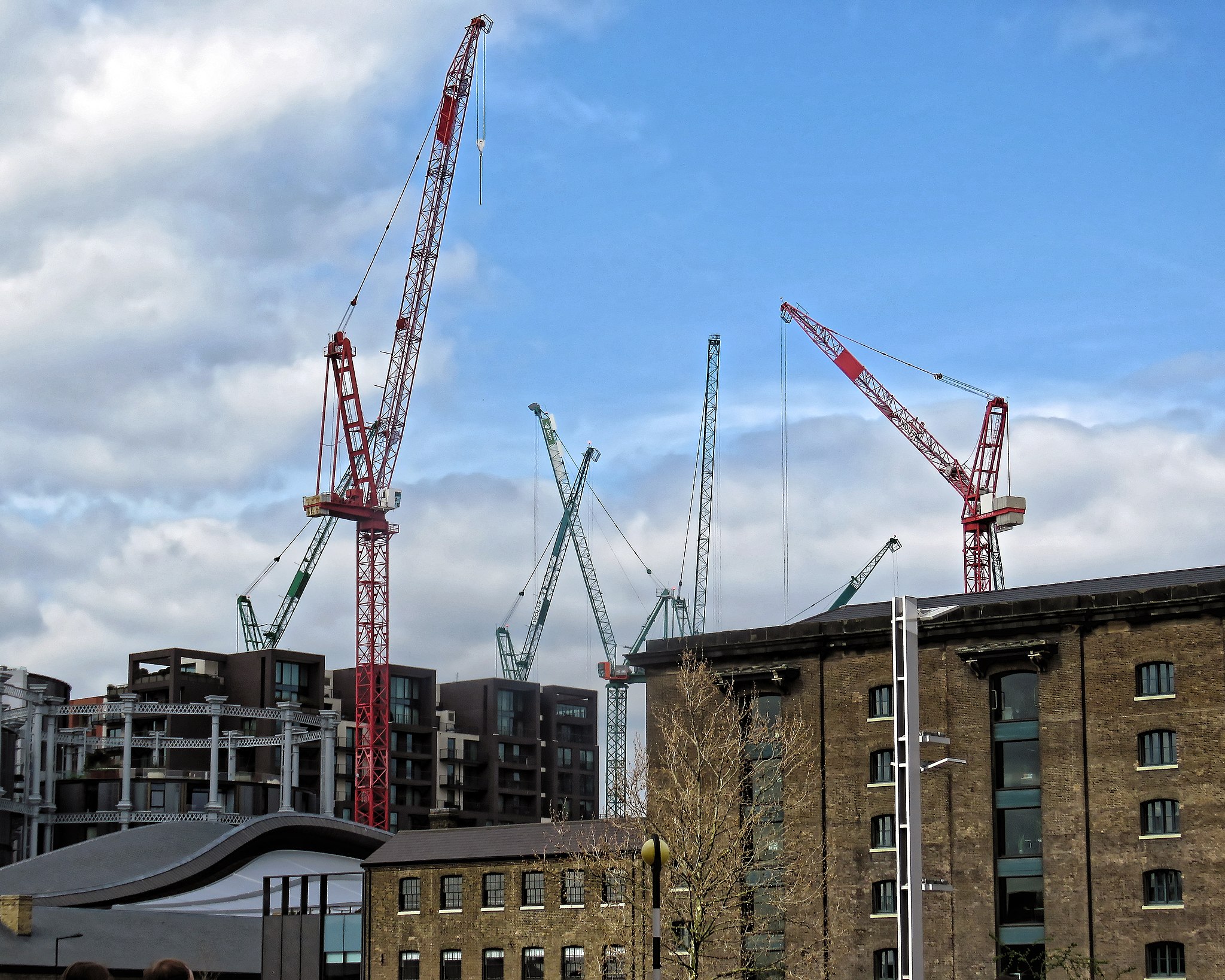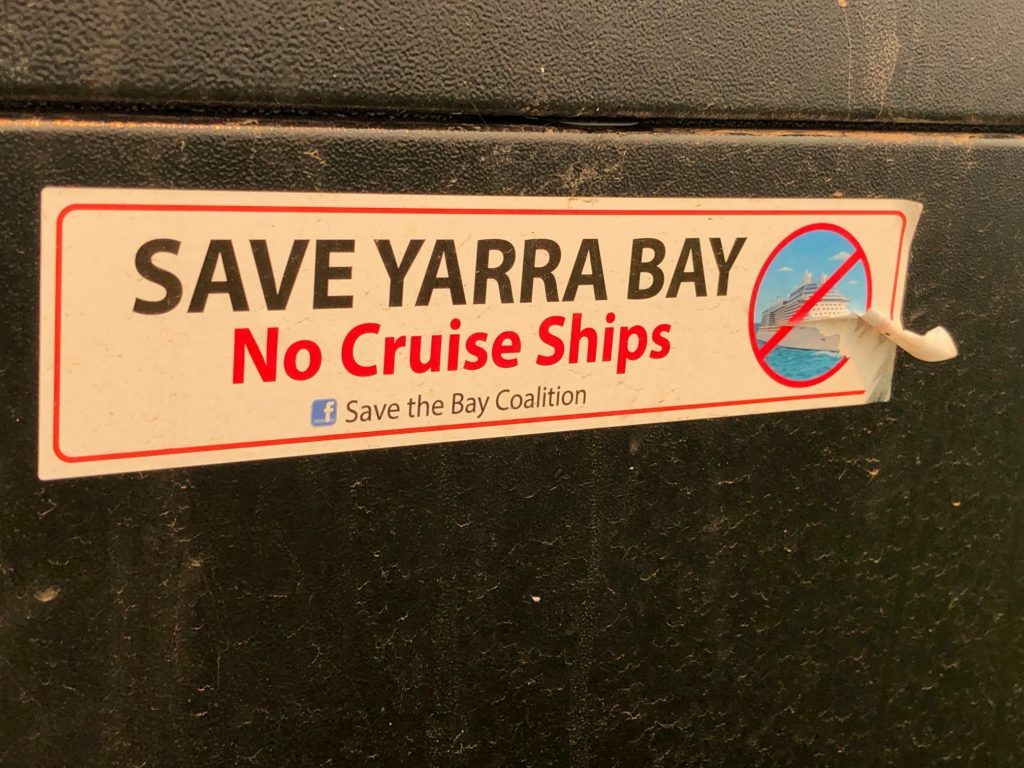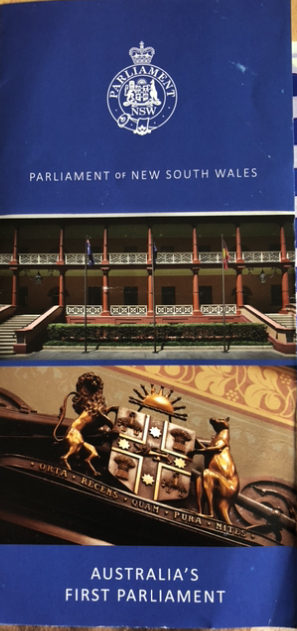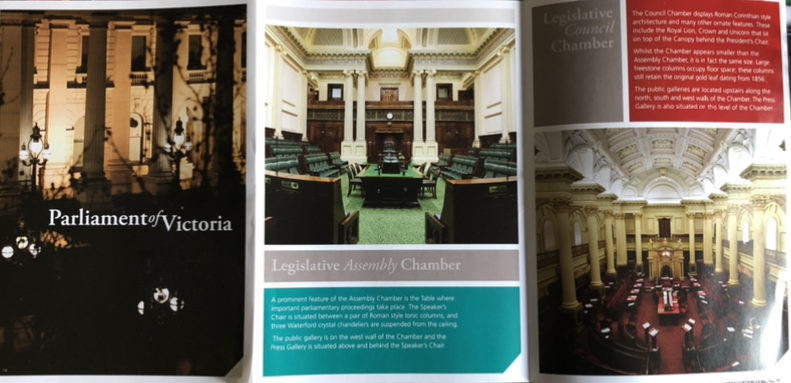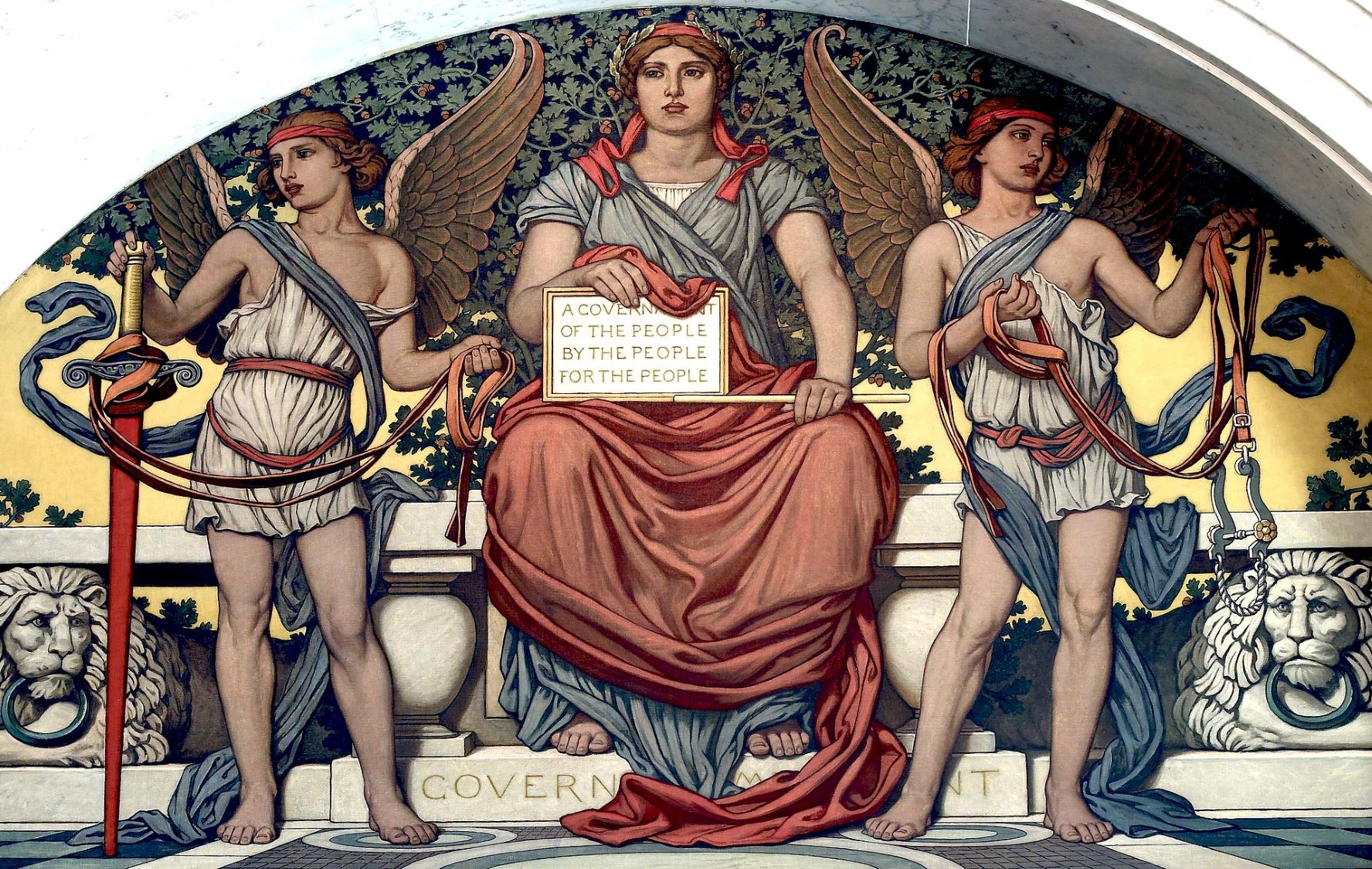By Mike Swadling
External Auditors are under a duty to issue a report in the public interest when a significant matter comes to their attention which they believe the Council should consider or the public should know about i.e. it is in the public’s interest to know about this.(Source)
Croydon Council’s external auditors Grant Thornton have issued a damning ‘Report in the Public Interest’ on Croydon’s “deteriorating financial resilience”.
The full report available at Report in the Public Interest 2020 | Croydon Council, details the past few years of the worsening financial position at the council and more worryingly the lack of response from the borough to resolve the problems, which statements like these demonstrate:
“There has been collective corporate blindness to both the seriousness of the financial position and the urgency with which actions needed to be taken”
“Had the Council implemented strong financial governance, responded promptly to our previous recommendations and built up reserves and addressed the overspends in children’s and adult social care, it would have been in a stronger position to withstand the financial pressures as a result of the Covid-19 pandemic”
I have written many times over recent years about what I saw as the council waste of public funds, be it on BoxPark, Cultural events or the Surrey Street Market refurbishment. But these are political disagreements. When the council has run out of reserves and is threatened with a Section 114 notice it is mismanagement, but still working withing the guidelines of the system. With an Audit report, with the statements that follow, it is unclear if the council took notice of guidelines:
“Having a company dissolved by compulsory strike off is a failure of governance and we have not identified evidence that the dissolution of London Borough of Croydon Holdings LLP has been reported to Cabinet or the General Purposes and Audit Committee”
“Minutes of the Scrutiny Committee noted that the paper (explaining the Council’s proposed decision-making matrices) was produced after the first bid had been lodged and with this paper it would not have been possible to judge the soundness of the acquisition. Whilst opportunities can arise at short notice, good governance would require the strategy to be approved prior to the first purchase”
The full report is well worth reading, it makes 20 recommendations which we should all hope the council fully implement. A number of themes come out in the report of systemic failure in the councils actions, which I have grouped as follows:
Lack of oversight
- “The reports were accepted by Members without an appropriate level of challenge to continued service overspends”
- “There was insufficient challenge from Members on the financial risks in the budget, credibility of the planned level of income from third parties and deliverability of the savings plan. The Council’s governance over the budget setting and monitoring has not been good enough.”
- “In our view this was a failure of governance and showed a lack of understanding of the urgency of the financial position.”
- “The strategy for investing in properties was approved at Full Council using guillotine procedures meaning there was insufficient time to discuss and challenge the strategy and the first purchase was made two months prior to approving the strategy”
- “There has been collective corporate blindness to both the seriousness of the financial position and the urgency with which actions needed to be taken.”
- “The budget was approved without evidence of challenge on whether the revised level of reserves was appropriate or whether the history of delivering services within the budget or delivering savings as planned had impacted on setting the appropriate reserves”
- “it is difficult to determine how Members reached the view that the savings plan within the budget being approved was achievable. We do not consider the Council’s governance over the setting of the original 2020/21 budget to be good enough”
- “Members of the Scrutiny and Overview Committee accepted the responses received and did not refer the matter to Full Council. In our view this did not demonstrate an understanding of the urgency of the financial position.”
Masking the problems
- “The impact of the overspends has been masked by both the accounting treatment of the Dedicated Schools Grant deficit (which we disagree with) and the use of the flexible capital receipts. The Council has failed to deliver real savings in children’s and adults’ social care.”
- “In 2018/19, the Council chose to account for the deficit amount as a debtor at the end of the financial year which we disagreed with as the Council’s approach was based on the view that the Government ought to refund the excess spending rather than any evidence that this would be the case.”
- “When UASC service costs were seen to exceed the funding available, the Council’s response was to lobby government for increased funding”
- “The 2019/20 Quarter 3 financial position reported to Cabinet in January 2020 reduced the in year overspend by £8 million. This is an unusual movement and there was limited explanation in the report and no evidence of challenge to understand the validity of the adjustments to achieve the revised position”
Lack of control of spending
- “In the past three years, the Council has reported significant service overspends of £39.2 million within children’s and adult social care”
- “the Council focused on: improvements in service delivery without sufficient attention to controlling the related overspends”
- “the Council has not demonstrated that it can take effective action to either manage the cost pressures or establish appropriate budgets within Children’s and Adult Social Care services.”
- “The Council failed to address the underlying causes of service overspends which during 2017/18, 2018/19 and 2019/20 had a combined overspend of £59.3 million. The overspends were reported in budget monitoring reports but there is little evidence of Member challenge or holding officers to account for the underlying reasons for the overspends or for taking action to address and mitigate the impact in future years.”
- “The 2019/20 Quarter 2 financial position reported to Cabinet in November 2019 showed an in-year overspend of £10.4 million. There was no indication that Members understood the implication of using the remaining general fund reserve on in-year pressures and this in our view contributed to the lack of urgency”
Brick and Brick and Investments
- “The Council’s approach to borrowing and investments has exposed the Council and future generations of taxpayers to significant financial risk. There has not been appropriate governance over the significant capital spending and the strategy to finance that spending.”
- “Despite heavy investment from the Council, the Council has not yet received any significant return.”
- “The savings plan in February 2020 included additional income sources that were in our view optimistic including £3 million dividend from Brick by Brick, a company the Council has already lent almost £200 million to and for which the Council has yet to receive any dividend or any interest owing on loans”
- “The interest receivable amounts continue to increase however the outstanding debtors indicate that Brick by Brick has not made any interest payments with £5 million owing at 31 March 2019.”
- “The investments in The Colonnades and Croydon Park Hotel were not grounded in a sufficient understanding of the retail and leisure market and have again illustrated that the Council’s strategy to invest its way out of financial challenge rather than pay attention to controlling expenditure on core services was inherently flawed.”
- “The Council has established a complex group structure and we found little evidence that the complexity and associated risk to the Council’s financial position is understood by members or officers”
- “Based on our review of the loan agreements, £110 million of those loans were due for repayment by the date of this report and had not yet been received by the Council”
- “At the Cabinet in July 2020, the Council made a decision to incur an additional £30 million of borrowing to purchase properties from Brick by Brick to increase the affordable housing supply available. This is not in line with the original business case for Brick by Brick approved by Members in March 2015.”
- “The increasing complexity of the group structures, the interaction between different subsidiaries, the longer-term financial impact for the Council and how to safeguard the Council’s interests is not clearly understood.”
- “London Borough of Croydon Holdings LLP was dissolved by compulsory strike off due to a failure to file accounts. The facts or progress in remedying the situation have not been reported to Members or subject to scrutiny”
The above are by no means all of the adverse comments in the report.
Where does this leave us?
We have a new Council Leader, a new cabinet and a new Chief Executive, all of which are to be welcomed. All of those at Croydon Council, both Councillors and senior officer need to ask themselves how we have got into this position. Within the new cabinet the 6 (of 10) members who are long standing cabinet members really need to step up and explain their part in these debacles.
No doubt much blame will be moved to those who have left and to the council officers. Here I am reminded of a speech to house of commons by Diane Abbott. Back in May 1998 the house was debating government policy towards Sierra Leone. Ms Abbott was questioning the Labour Governments Ministers actions, and went onto say:
“In the tit for tat and media frenzy about the issue, a number of questions have been asked over and again. What did Ministers know and when did they know? I would ask a third question, which is why did they not find out?” (Source)
As the repercussions of this report become clear and further questions are raised from the newly published draft 2019/20 Annual Accounts, I expect we will see a focus on new changes, not the past problems.
To have confidence, to believe that Croydon Council will do better, what we need to know from the Councillors in office during this period and now serving in a new cabinet is simply – If they weren’t told about these problems, why did they not find out?
